Night out with my lunch buddies

Lunch at Midtown Diner (ca. 2013), where Bon, Casti, and Brazy were discussing whether requesting a CBC was appropriate. We seemed to have all the time in the world then.
Keep Reading
Minutiae of my every day since 2004.


Labels: film/music
Labels: daily
Labels: daily

Labels: daily
Labels: medicine
Labels: books/reading
Labels: medicine
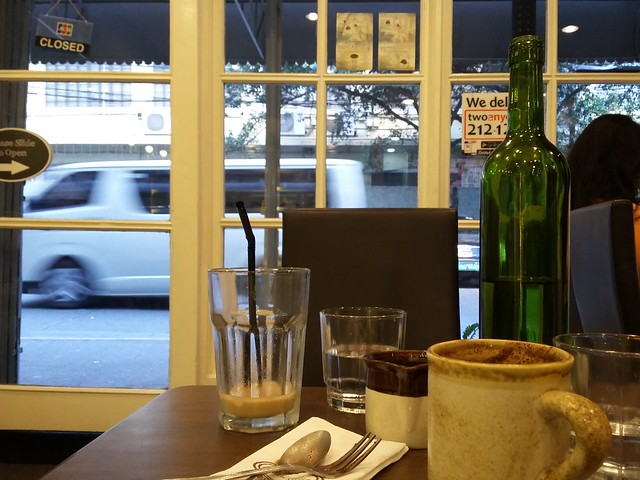
This is the way to live. With God always before us, we shall have the noblest companionship, the holiest example, the sweetest consolation, and the mightiest influence. This must be a resolute act of the mind. "I have set," and it must be maintained as a set and settled thing. Always to have an eye to the Lord's eye and an ear for the Lord's voice—this is the right state for the godly man. His God is near him, filling the horizon of his vision, leading the way of his life, and furnishing the theme of his meditation. What vanities we should avoid, what sins we should overcome, what virtues we should exhibit, what joys we should experience if we did indeed set the Lord always before us! Why not?A great week ahead!
This is the way to be safe. The Lord being ever in our minds, we come to feel safety and certainty because of His being so near. He is at our right hand to guide and aid us; and hence we are not moved by fear, nor force, nor fraud, nor fickleness. When God stands at a man's right hand, that man is himself sure to stand. Come on, then, ye foemen of the truth! Rush against me like a furious tempest, if ye will. God upholds me. God abides with me. Whom shall I fear?
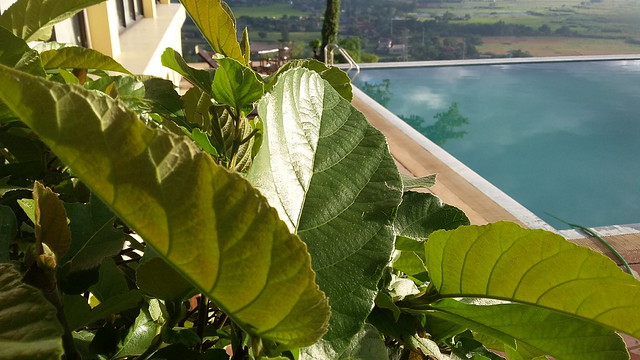
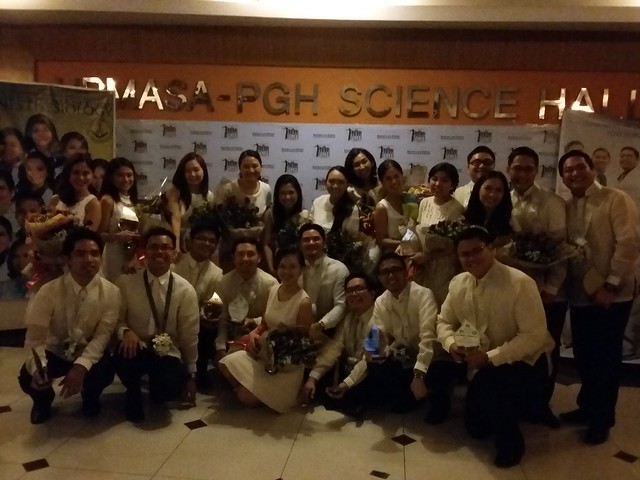
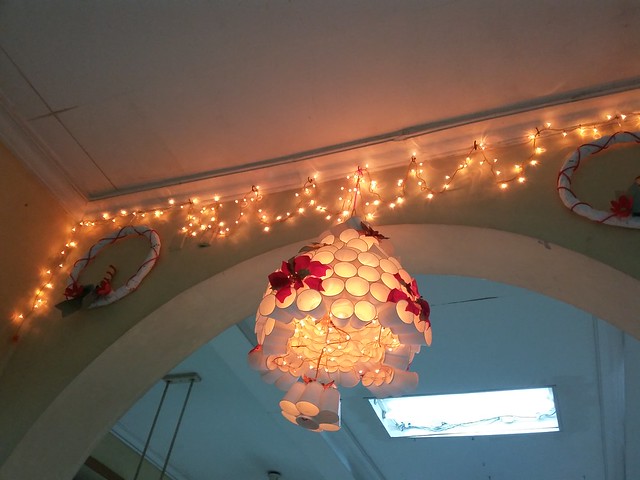
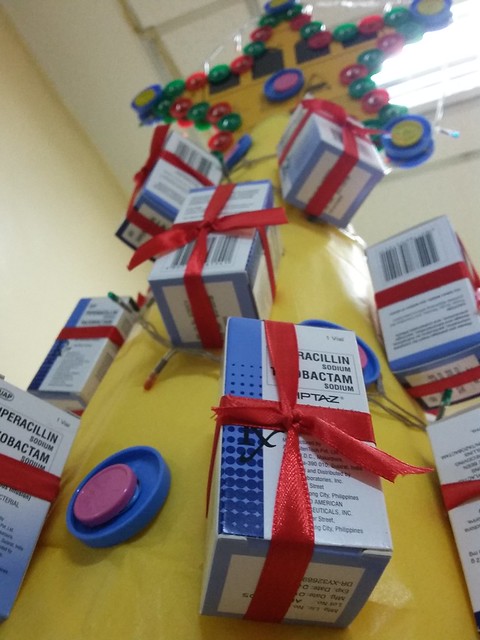
Labels: daily